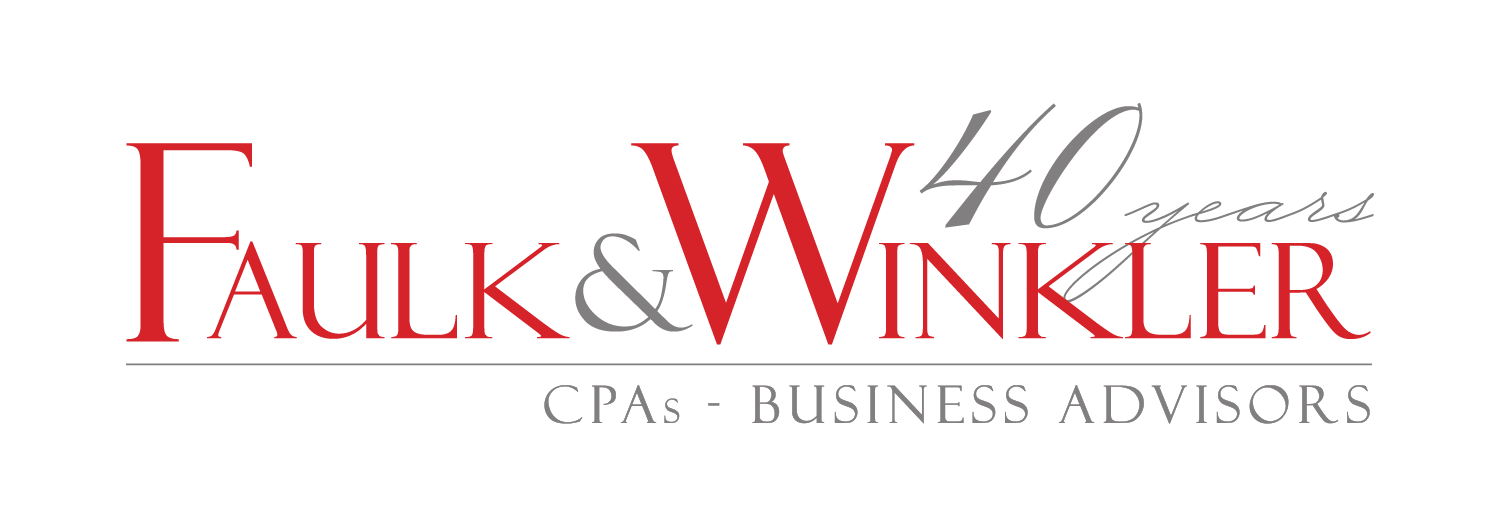IRS Warns Taxpayers About Misleading Claims About Non-existent “Self Employment Tax Credit”
The Internal Revenue Service issued a consumer alert earlier this week following bad advice circulating on social media about a non-existent “Self Employment Tax Credit” that’s misleading taxpayers into filing false claims.
Promoters and social media are marketing something they describe as the “Self Employment Tax Credit” as a way for self-employed people and gig workers to get big payments for the COVID-19 pandemic period. Similar to misleading marketing around the Employee Retention Credit, there is inaccurate information suggesting many people qualify for the tax credit and payments of up to $32,000 when they actually do not.
In reality, the underlying credit being referred to in social media isn’t called the “Self Employment Tax Credit,” it’s a much more limited and technical credit called Credits for Sick Leave and Family Leave. Many people simply do not qualify for this credit, and the IRS is closely reviewing claims coming in under this provision so people filing claims do so at their own risk.
People who were self-employed can claim Credits for Sick and Family Leave only for limited COVID-19 related circumstances in 2020 and 2021; the credit is not available for 2023 tax returns. The IRS is seeing repeated instances where taxpayers are incorrectly using Form 7202, Credits for Sick Leave and Family Leave for Certain Self-Employed Individuals, to incorrectly claim a credit based on income earned as an employee and not as a self-employed individual.
To qualify for the Sick and Family Leave Credits, self-employed workers have to meet a variety of technical reasons in 2020 and 2021 that didn’t allow them to work, including caring for an individual subject to a quarantine or isolation order. The IRS has a detailed set of FAQs describing the very technical requirements for meeting this provision of the law.
The IRS is seeing some similarities to marketing around this “Self Employment Tax Credit” similar to aggressive promotion of the Employee Retention Credit. Both are technical credits that have been mischaracterized by some as a way for average taxpayers to get a big government payment. In reality, these are very limited credits that have a variety of complex requirements before people can qualify.
The IRS urges people to check with a trusted tax professional before filing for any “Self Employment Tax Credit” or any other questionable tax claim circulating on social media.
The IRS has previously warned taxpayers about misuse of the Sick and Family Leave Credits stemming from various tax scams and inaccurate social media advice that led thousands of taxpayers to file inflated refund claims during the past tax season.
In addition to the Sick and Family Leave Credit, the IRS warned taxpayers not to fall for these scams centered around the Fuel Tax Credit and household employment taxes. The IRS has seen thousands of dubious claims come in where it appears taxpayers are claiming credits for which they are not eligible, leading to refunds being delayed and the need for taxpayers to show they have legitimate documentation to support these claims.
To read the original article in its entirety and for more resources, please head to the IRS’s website at the link here.
